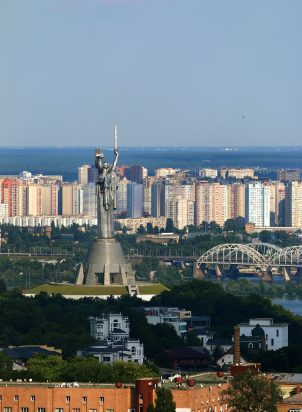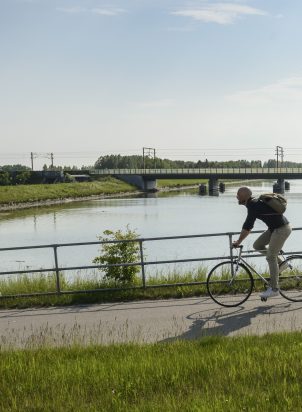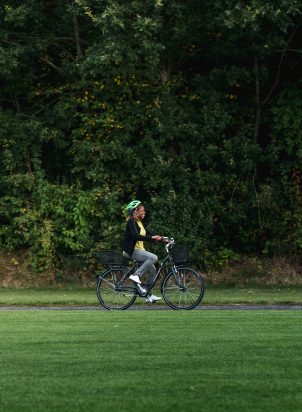In recent years, there has been growing interest in ‘alternative’ and ‘local’ food supply chains as a way to reduce externalities associated with mainstream food systems.
‘Alternative’ food chains are often built on values opposed to conventional industrial agriculture. They are small in scale, do not use pesticides, are close to consumers and have a distinctive place of origin. There are many different forms of alternative food systems. Common to these practices is the intention to reconnect producers and consumers, to increase transparency, to relocalize agricultural and food production, and to build trust among actors in the food system.
This working paper describes the state of play of local food initiatives in the Baltic Sea Region (BSR) by examining EU and national policy contexts and by highlighting good practices of local food initiatives in Latvia, Lithuania, Poland, Sweden and Belarus. The working paper investigates the key drivers and factors impeding the development of these initiatives. The working paper is based on desk studies, input received during meetings with stakeholders and researchers from the BSR, and interviews with good practice initiators in 2016–17. This working paper is one output of the Local food: Formation of local food markets project financed by the Swedish Institute. The overall aim of the project was to strengthen co-operation and to build knowledge of local food system formation by various actors working on rural development issues in the Baltic Sea Region (BSR). Another objective of the project was to investigate and share good practices in building, shaping, reproducing and promoting alternative food networks and markets over time and space in the BSR countries (Sweden, Latvia, Lithuania, Poland and Belarus).







